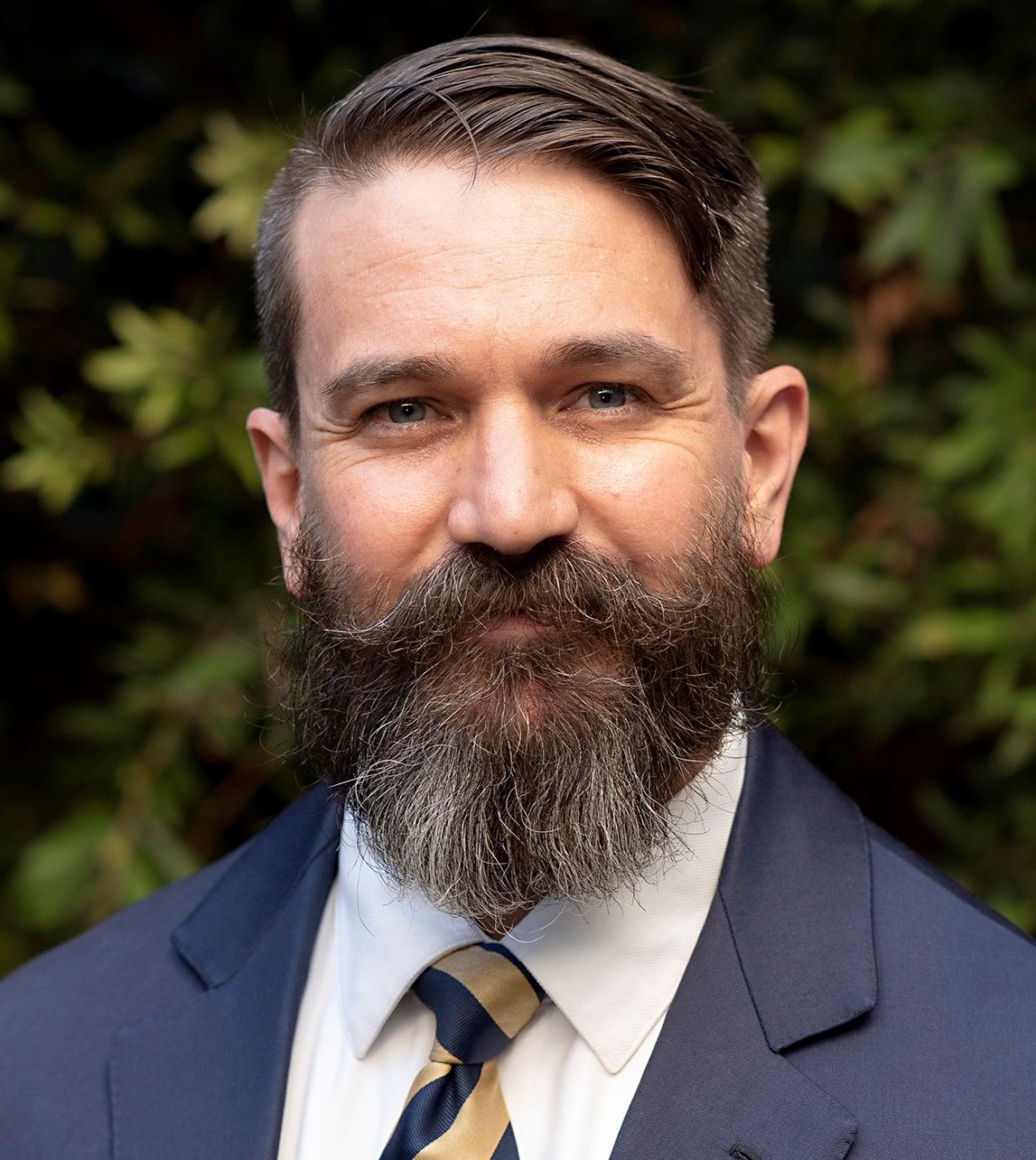Welcome to Peter Lange
BSc MBBS FRACP MMEdStats
Background
Peter Lange completed a Bachelor of Science degree at the University of Queensland, majoring in physiology and pharmacology. He then completed postgraduate medicine, obtaining an MBBS, internship and early years of training in Queensland. He came to Melbourne in 2005 where he completed physician and geriatrics advanced training at the Royal Melbourne Hospital. He commenced work both in the General Medicine and Geriatrics departments in 2010. In 2012 he was appointed head of the Assessment and Planning Unit at RMH.
In 2016 he took up a PhD with the topic "Delirium in Hospitalised Elderly; changing the Natural History" at the University of Melbourne, representing the formalisation of a research interest in delirium.
In 2019 he was appointed Honorary Clinical Associate Professor of the University of Melbourne.
He served on the Victorian branch council of the Australian and New Zealand Society of Geriatric Medicine (ANZSGM) from 2015 to 2021, as member, secretary and president.
He is now a council member of ANZSGM.
He was appointed Director of Geriatrics and General Medicine at Werribee Mercy Hospital in western Melbourne in 2022.
His interests are in advocacy for better care of older people in the hospital and community, and promotion of exercise in older adults.
|
Services
|  |
Roles of Geriatricians
- Preventative Geriatrics: early intervention to prevent decline.
- Cognitive impairment, delirium and dementia assessment.
- Falls, falls risk reduction, assessment of suitability for anti-coagulation.
- Deconditioning, decreasing mobility, functional decline and inability to function independently.
- Continence.
- Decision making capacity assessment: wills, EPOA, medical treatment decision makers, end-of-life cares.